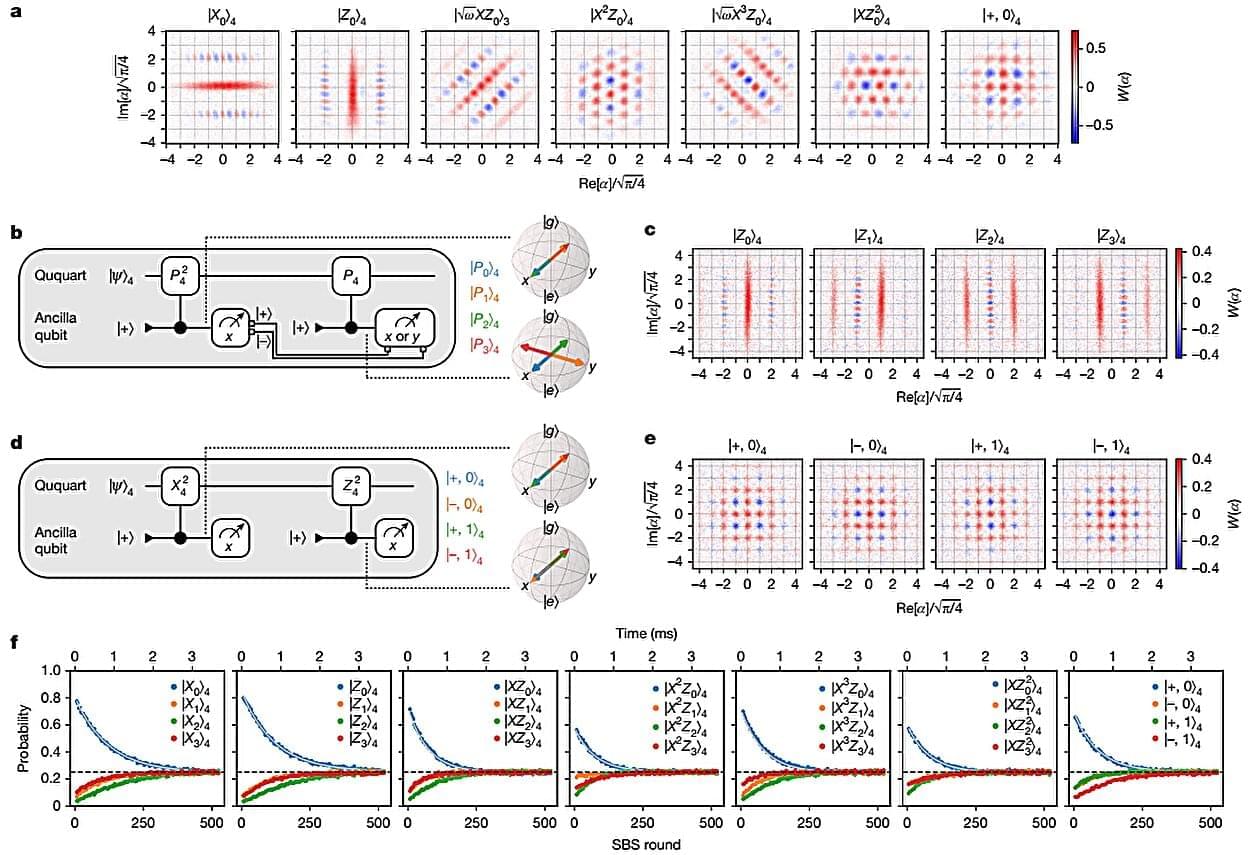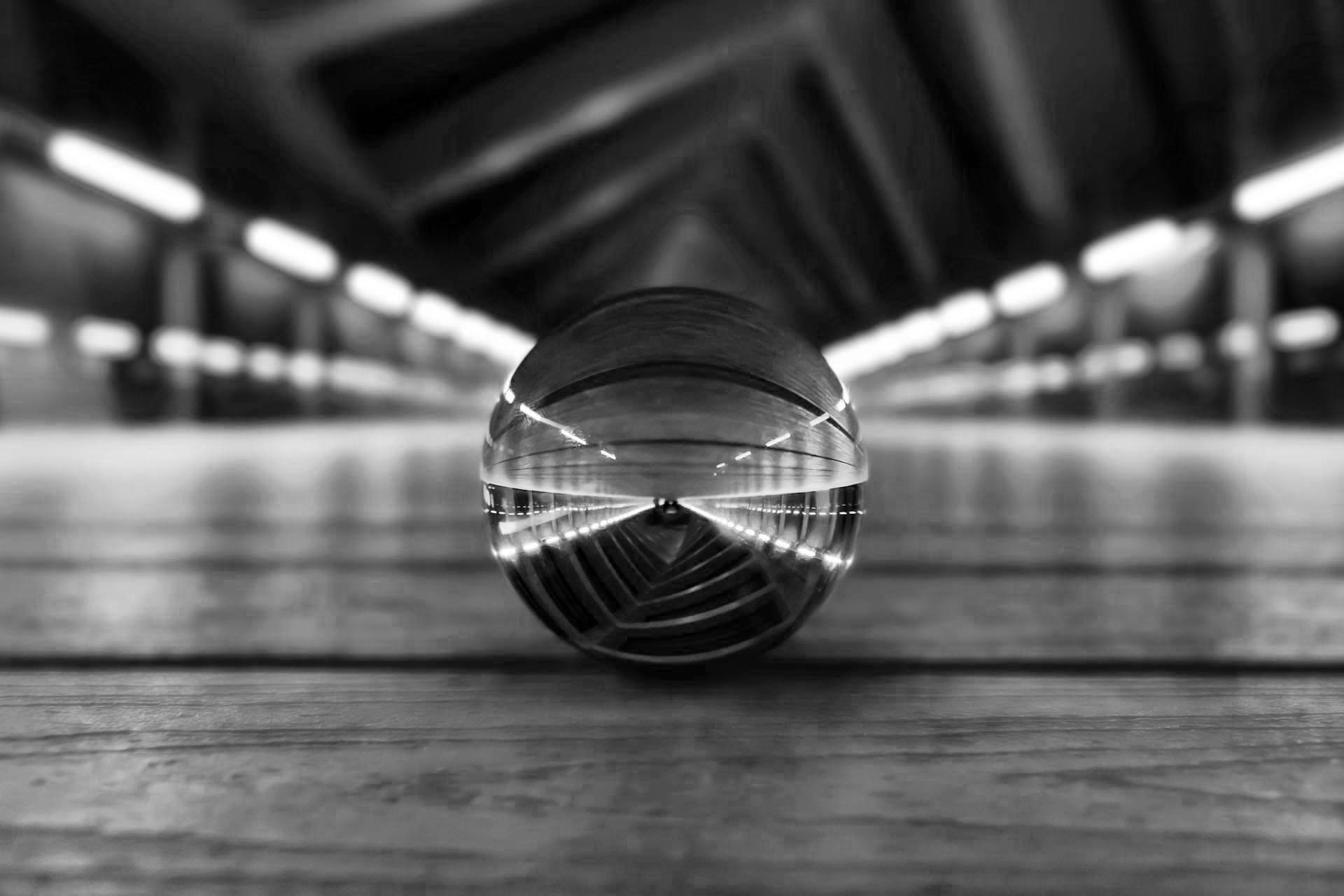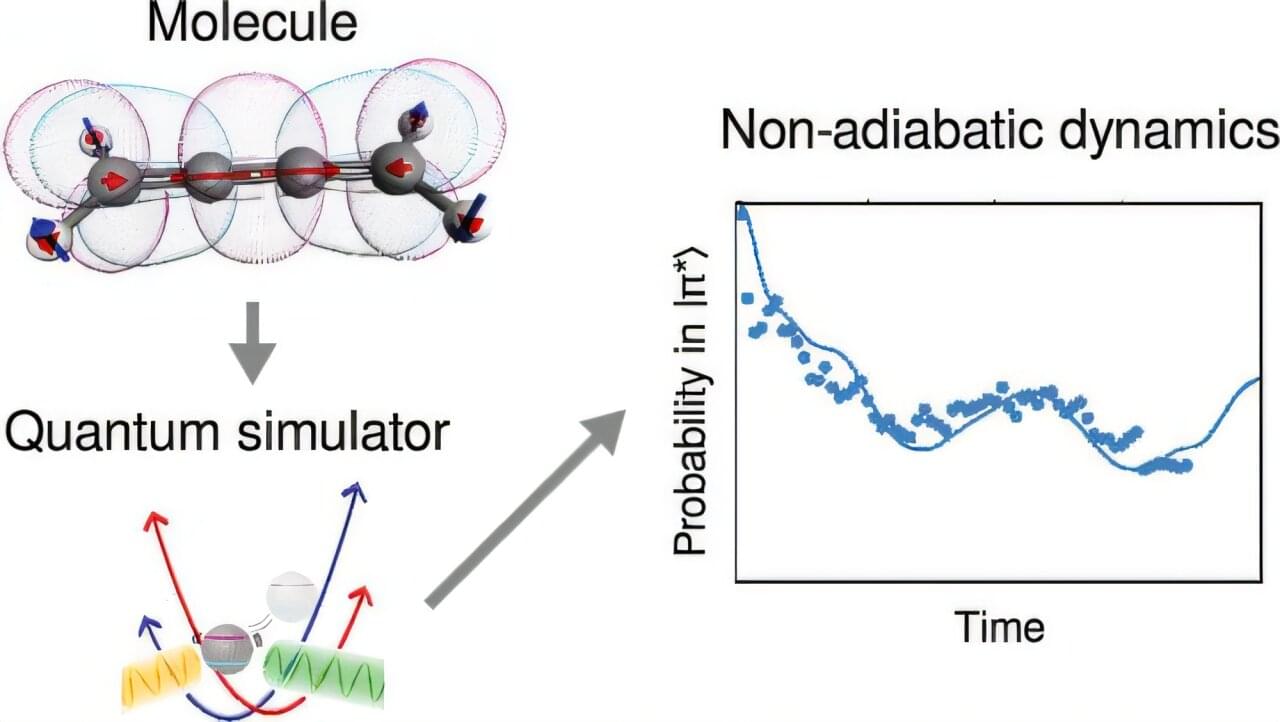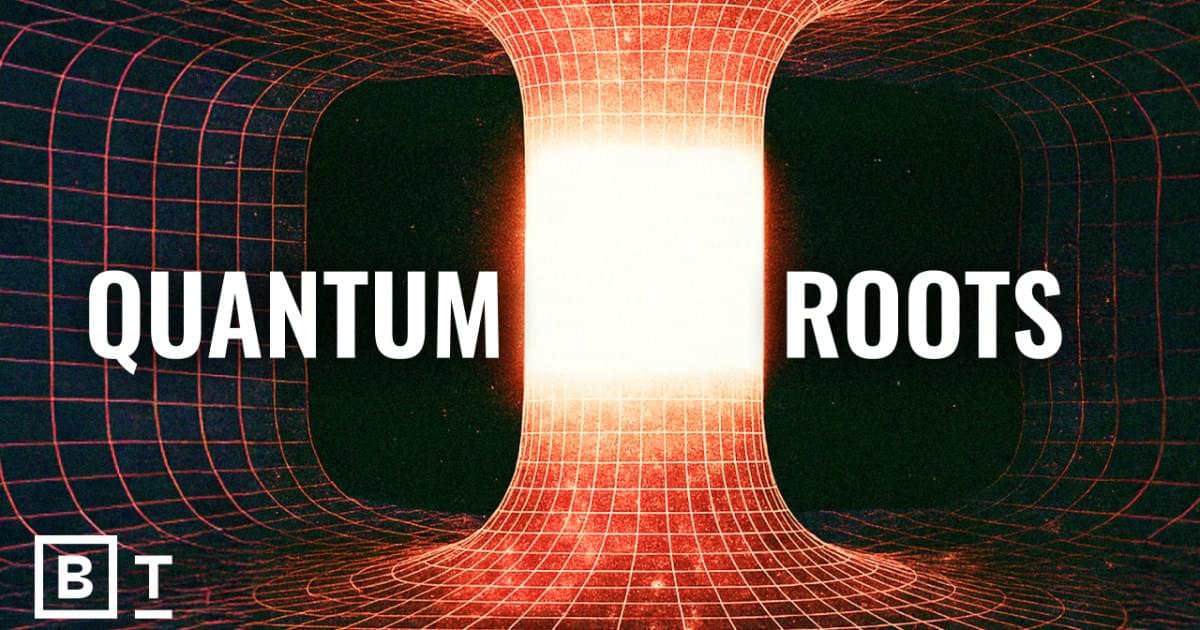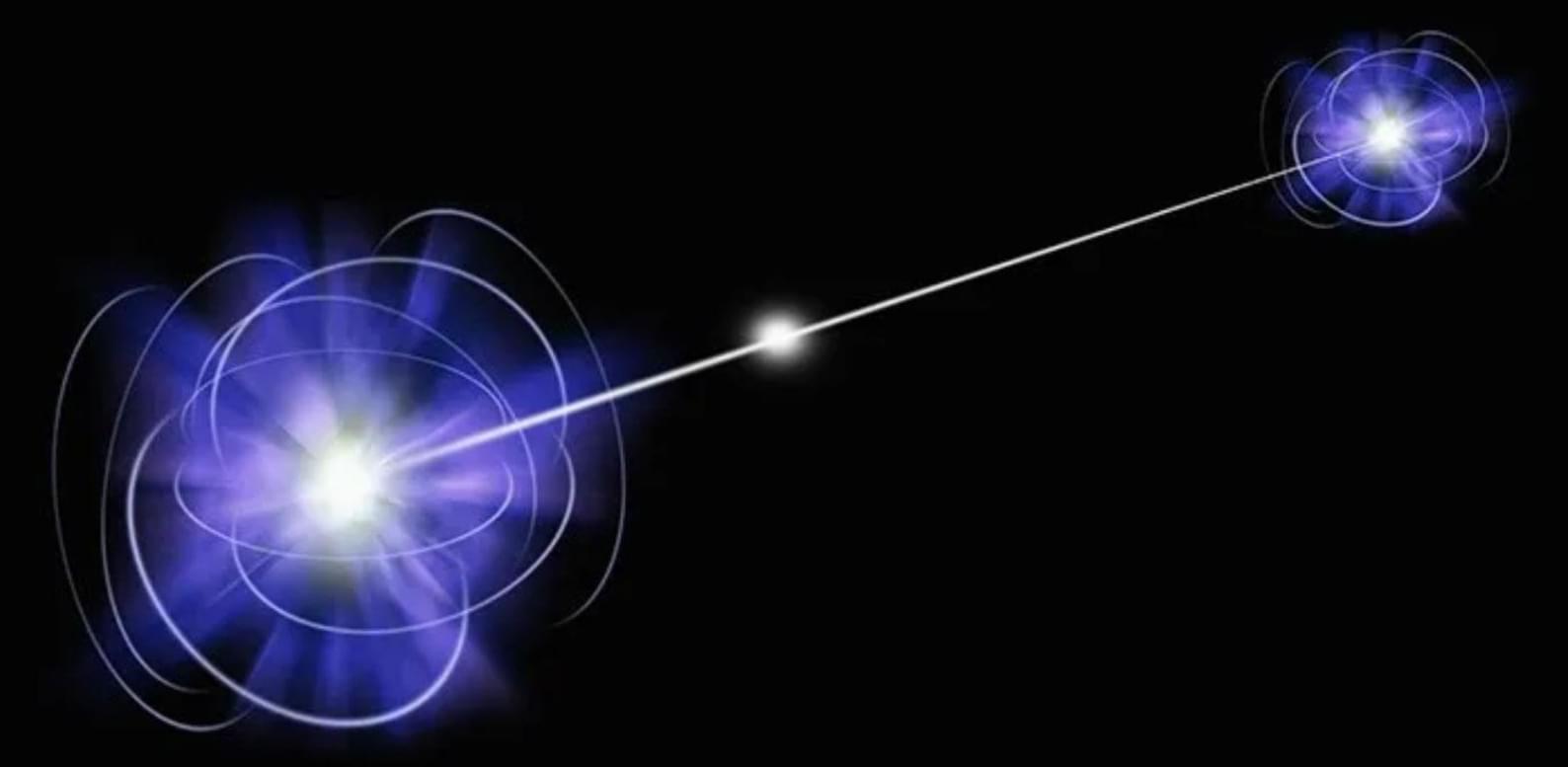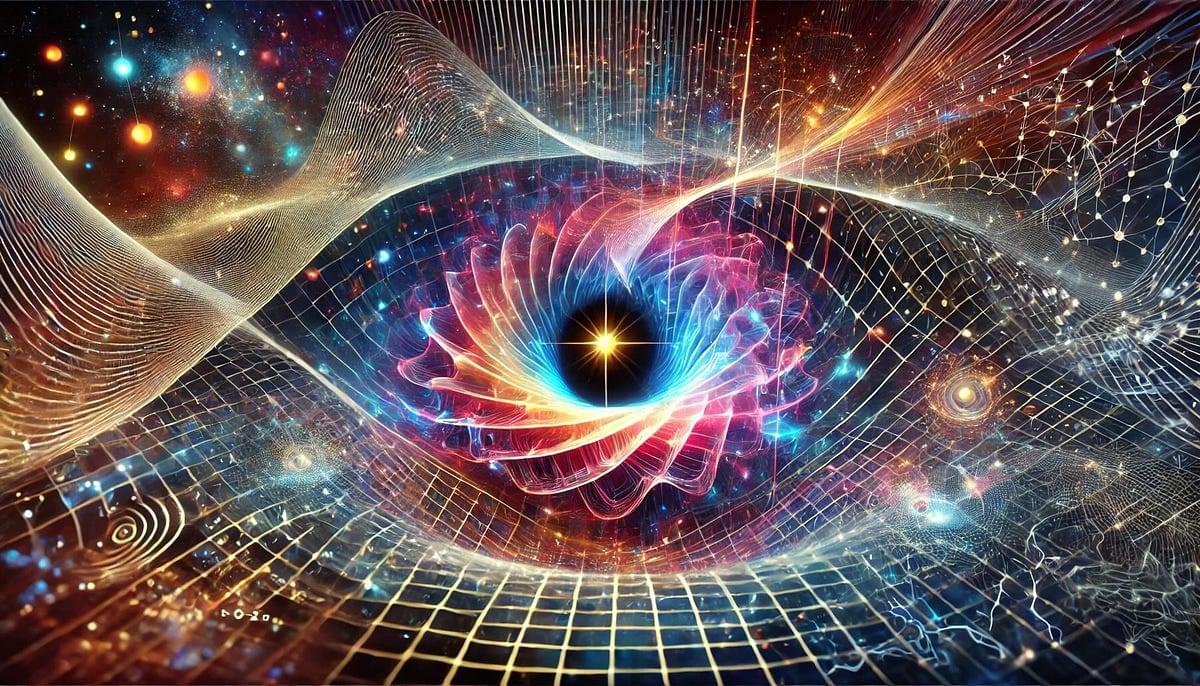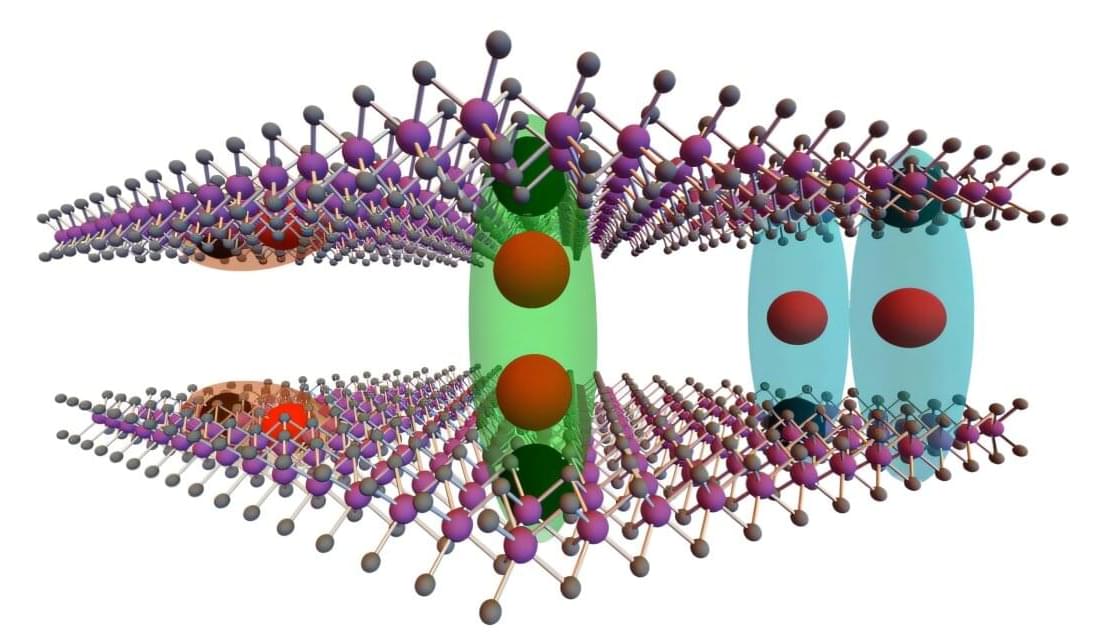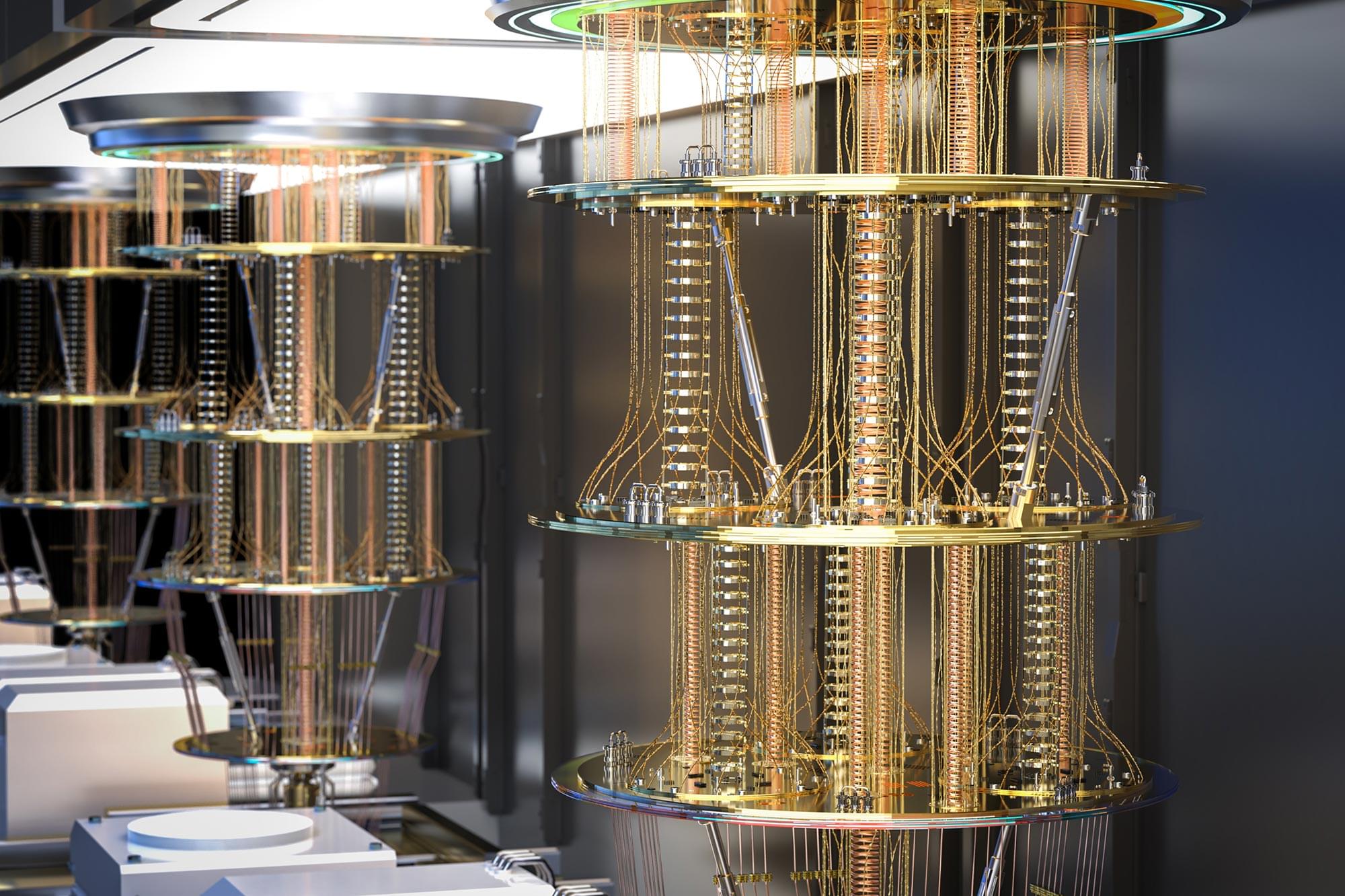In the world of quantum computing, the Hilbert space dimension—the measure of the number of quantum states that a quantum computer can access—is a prized possession. Having a larger Hilbert space allows for more complex quantum operations and plays a crucial role in enabling quantum error correction (QEC), essential for protecting quantum information from noise and errors.
A recent study by researchers from Yale University published in Nature created qudits—a quantum system that holds quantum information and can exist in more than two states. Using a qutrit (3-level quantum system) and a ququart (4-level quantum system), the researchers demonstrated the first-ever experimental quantum error correction for higher-dimensional quantum units using the Gottesman–Kitaev–Preskill (GKP) bosonic code.
Most quantum computers on the market usually process information using quantum states called qubits—fundamental units similar to a bit in a regular computer that can exist in two well-defined states, up and down and also both 0 and 1 at the same time, due to quantum superposition. The Hilbert space of a single qubit is a two-dimensional complex vector space.
